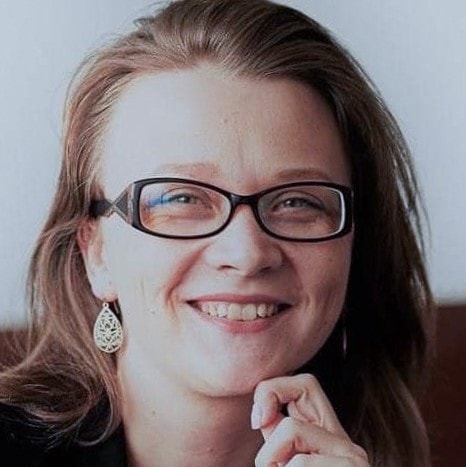Russia's war on Ukraine jeopardizes global food security, increasing famine risk

Spring. As the winter softens, Ukraine’s farmers used to take to their fields, sowing the seeds of wheat, sunflowers, and buckwheat and tending to poultry farms whose yields are sent across the world.
This year, planting has become a luxury, in many cases fields and livestock have been abandoned. Millions of hectares will be empty, or otherwise overrun by tanks emblazoned with the letter Z.
While the world watches one humanitarian crisis after another brought by Russia’s war, a no less critical casualty is the mounting impact on the food Ukraine supplies the world.
Huge swaths of the global food supply, including wheat, corn, sunflower oil, soybeans and barley as well as poultry and eggs, come from Ukraine, accounting for 15% of the global food market. India, China, Egypt, Turkey, Poland and Germany are among the largest importers.
This season, the engine of Ukraine’s food supply has ground to a halt.
“This will be a problem not only for Ukraine but for the whole world,” Dykun said. “Global hunger could worsen dramatically.”
Andriy Yarmak, an economist and agricultural expert, has a similar forecast. He believes that the Russian invasion may result in many deaths due to malnutrition worldwide.
“Ukraine is already missing the planting campaign in the south, where huge hordes of Russians are ruining the fields with their tanks and shooting randomly at civilians,” Yarmak says.
He estimates that Ukraine won’t be able to export anything for many months and says it will take years to reach pre-war production levels.
As many as 400 million people may be affected globally, according to the Kyiv School of Economics.
Domestic shortages
Much of Ukraine’s most agricultural land, such as the typically lucrative oblasts of Kherson and Mykolaiv, are in eastern territories where fighting is most intense. It is clear this year that farmers won’t be able to sow their fields as in years past.
Alex Lissitsa, head of the Ukrainian Agribusiness Club, estimates that in total, no more than half of Ukraine’s agricultural land, or 10 million hectares, this year, will be planted.
To meet anticipated shortages, the martial law imposed shortly after the Russian offensive began included a ban on key agricultural exports.
“We must provide Ukraine with everything the country needs,” said Prime Minister Denys Shmyhal.
The ban includes oats, buckwheat, rye, millet, beef, sugar and salt. A number of other products including wheat, sunflower oil, corn, poultry and eggs now require special permits from the Ministry of Economy when exported.
Prices have already ballooned in response. After the first week of war, wheat prices in Ukraine jumped by 25%, reaching $290 per ton.
Worst-hit cities like Kharkiv, Kherson and Sumy are running out of food and water and on the verge of humanitarian catastrophe. Kyiv has already been urgently provided with additional food from other oblasts as supplies diminished.
“We brought thousands of tons of grain there,” Dykun told the Kyiv Independent. “It’s a huge reserve.”
Andriy Dykun, head of the All-Ukrainian Agricultural council, says this harvest too will only be enough to satisfy domestic demand. For the time being, Ukraine’s agricultural exports are a thing of the past.
Second front
This looming tragedy in the agricultural sector represents a second front against Russian aggression – one that could actually rally global support, helping to stop the war, Dykun believes.
Attitudes will shift as soon as the countries that import Ukrainian food products realize the toll the supply shortage will have on their people, he says.
While anticipated shortages have already echoed across global markets, such shortages are still not on the agenda of some of the leading global food organizations. Notably, the United Nations’ Food and Agriculture Organization (FAO) has ignored the crisis.
“The FAO has to sound the alarm all across the world about the global food supply issue,” Dykun says. “But they don’t make any big statements that will indicate that Putin provoked famine.”
For now, the leader for Europe and Central Asia at the FAO remains the long-time Russian diplomat Vladimir Rakhmanin.
On March 3, the United Nations General Assembly overwhelmingly voted to denounce Russia’s invasion of Ukraine, urging immediate withdrawal of its military forces.
Some countries abstained, including two of Ukraine’s leading importers: India and China.
At the end of the day, countries that did not vote to support Ukraine will suffer from Russia’s war too, Dykun says.
"If the world wants to have something to eat, make peace here so farmers can work.”










